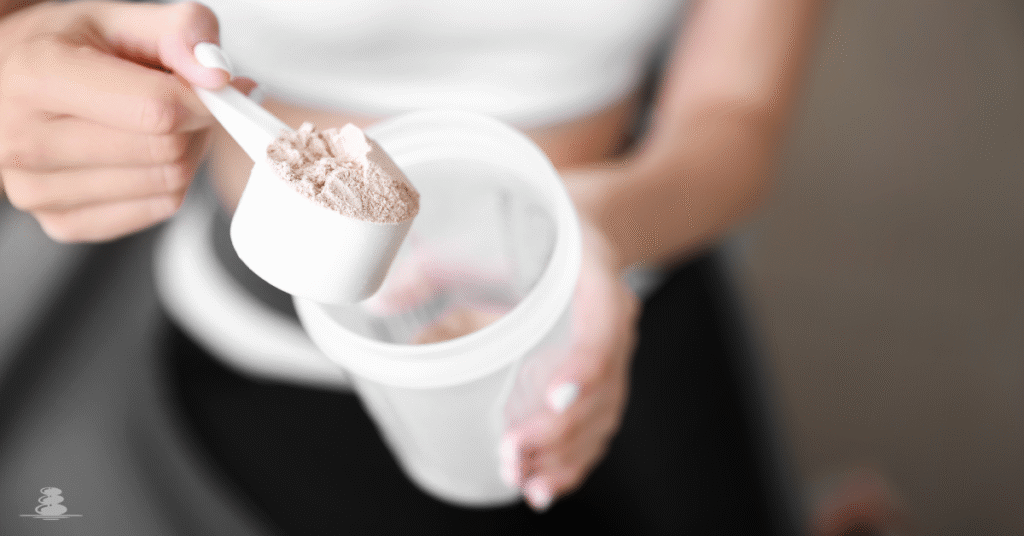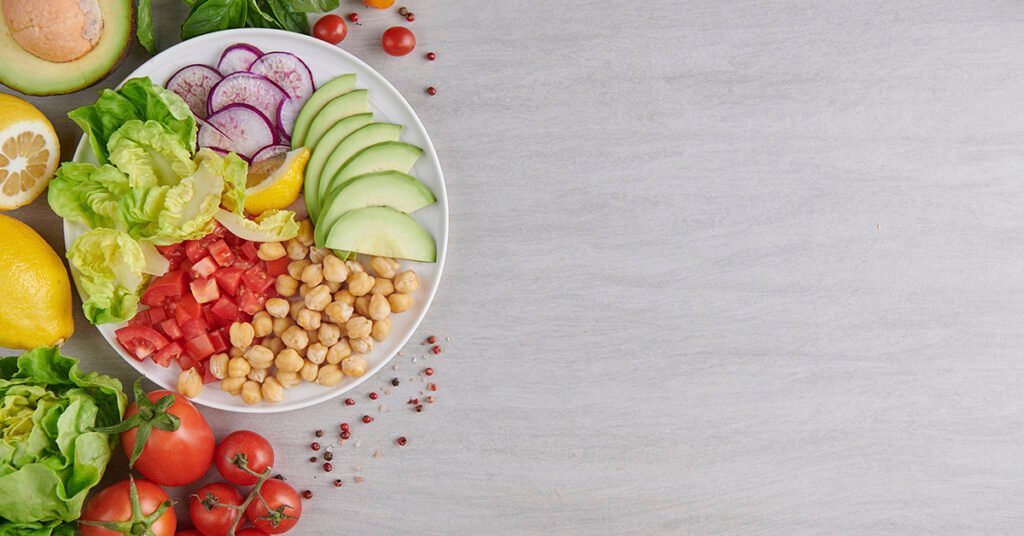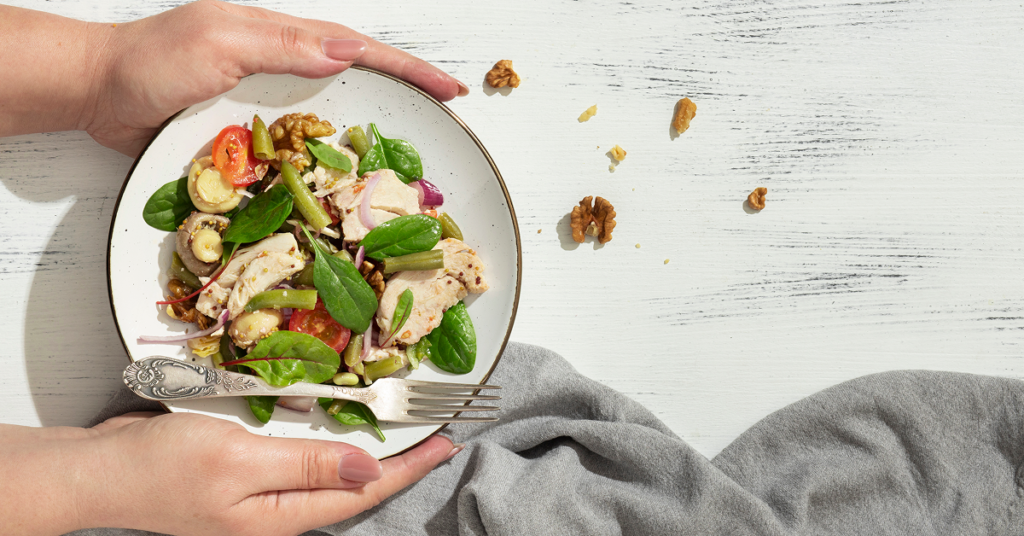When you start working out with a goal to build muscle, one of the first things you’re likely to hear is: “You need protein powder!” It’s become almost a rite of passage in the fitness world—finish your workout, chug a shake, and boom—muscle gains. But is that really the magic formula? Or is it just another fitness industry myth wrapped in flashy packaging?
The truth is, protein powder to build muscles has become one of the most talked-about supplements in the health and fitness space. Walk into any gym or scroll through social media, and you’ll be bombarded with images of athletes blending shakes or showing off colorful tubs of whey or plant-based protein. But before you rush to add a tub of protein powder to your cart, it’s important to ask: Is it truly necessary for muscle growth?
Why Protein Matters for Muscle Building
When it comes to building muscle, protein isn’t just important—it’s essential. That’s because protein is made up of amino acids, which are the fundamental building blocks your body uses to repair and grow muscle tissue after workouts. Every time you lift weights, do resistance training, or engage in intense physical activity, you create tiny microtears in your muscle fibers. This is totally normal and actually a good thing—it’s how growth happens.
The recovery process is where the magic takes place. Your body gets to work repairing those fibers, and with the right nutrients—especially enough protein—it rebuilds them stronger, thicker, and more resilient. That’s what we call muscle growth (or hypertrophy).
Now, here’s something many people overlook: your body doesn’t care where your protein comes from. Whether you’re getting it from a grilled chicken breast, a handful of lentils, a boiled egg, or a protein powder shake, your muscles receive the amino acids all the same. What really matters is that you consume the right amount of high-quality protein consistently—especially in relation to your body weight, activity level, and goals.
Of course, some sources are more convenient than others. Protein powders for muscle gain are incredibly popular because they’re quick, portable, and easy to digest—especially after a workout. But they’re not the only option. Whole foods provide added benefits like fiber, healthy fats, vitamins, and minerals that support overall wellness and recovery.
In the end, the goal is to hit your daily protein target with a balance of both whole foods and supplements, depending on what works best for your lifestyle. Whether you’re a gym newbie or a seasoned lifter, understanding the role of protein in muscle building is key to seeing real results.
Whole Foods vs. Protein Powders: What’s the Difference?
Let’s compare the two main sources of protein for muscle growth.

Whole Food Protein Sources:
- Chicken breast (100g) – ~30g protein
- Eggs (1 large) – ~6g protein
- Greek yogurt (1 cup) – ~20g protein
- Lentils (1 cup cooked) – ~18g protein
- Tofu (100g) – ~10g protein
- Tuna (canned in water, 100g) – ~25g protein
- Quinoa (1 cup cooked) – ~8g protein
Whole foods offer more than just protein—they’re packed with fiber, vitamins, healthy fats, and minerals. They’re ideal for your overall health and long-term well-being.
Protein Powder:
- Whey Protein (1 scoop / 25g) – ~20-25g protein
- Vegan Protein Blend (pea, brown rice, etc.) – ~20-22g protein
- Casein Protein – ~24g protein per scoop, slower-digesting
Protein powders are convenient, quick to digest, and portable—perfect for busy schedules or post-workout recovery when appetite might be low.
Try this one from MyProtein:
Impact Whey Protein
Pros & Cons of Protein Powders
Let’s break it down clearly:
| Pros | Cons |
|---|---|
| Quick & easy to prepare | Can be processed or artificial |
| Helps meet protein goals fast | Lacks micronutrients & fiber |
| Ideal for post-workout recovery | Can cause bloating in some people |
| Great for vegans/vegetarians | Not a replacement for real food |
| Convenient for busy lifestyles | Some contain added sugars or fillers |
So… Do You Need Protein Powder to Build Muscle?

Short answer: No.
You can absolutely build muscle without ever touching a protein shake—as long as you’re consistently getting enough protein from whole foods.
BUT…
There are situations where protein powder becomes very helpful:
You might benefit from protein powder if:
- You struggle to meet your daily protein needs from food alone
- You have a busy lifestyle or eat on the go
- You’re in a muscle-building or fat-loss phase with high protein requirements
- You need something quick post-workout and don’t feel like cooking
- You’re vegetarian or vegan and need convenient plant-based options
MyProtein has a great plant-based option too:
Vegan Protein Blend
How Much Protein Do You Actually Need?
This depends on your goals, body weight, and training style. General guidelines:
- For muscle gain: 1.6–2.2g of protein per kilogram of body weight per day
- For fat loss with muscle retention: 2.0–2.4g/kg of body weight
- Recreational exercisers: ~1.2–1.6g/kg is usually sufficient
Example:
If you weigh 60kg and want to gain muscle:
60kg x 1.8g = ~108g of protein/day
That could look like:
- Breakfast: Greek yogurt with oats and berries (20g)
- Lunch: Grilled chicken salad with quinoa (35g)
- Snack: Boiled eggs and hummus (15g)
- Dinner: Baked salmon with roasted veggies (30g)
- Post-workout: Protein shake (25g, optional)
When’s the Best Time to Have Protein?
Timing matters a little, but consistency matters more. Still, here are some tips:
- Post-workout: Your muscles are ready to absorb nutrients. A shake or meal with 20–30g protein is ideal.
- Before bed: A slow-digesting protein (like casein) can help overnight muscle repair.
- Throughout the day: Spread your intake across 3–5 meals/snacks.
Bonus: Add Protein Powder to These Healthy Recipes
Protein powder isn’t just for shakes. You can add it to:
- Smoothie bowls
- Protein pancakes
- Overnight oats
- Banana bread or muffins
- Homemade protein balls
- Yogurt parfaits
- The Balanced Life Approach
Conclusion: Should You Use Protein Powder?
So, do you really need protein powder to build muscle?
Yes— if it helps you meet your daily protein needs, fits your routine, and you actually enjoy using it. For many people, protein shakes are a convenient, affordable, and effective way to support muscle growth—especially when life gets busy and cooking every meal isn’t realistic. If you’re someone who trains regularly, follows a high-protein diet, or struggles to get enough protein from whole foods, then protein powder can absolutely be a smart and helpful addition to your nutrition plan.
No— if you’re already getting sufficient protein from whole food sources and prefer a more natural or unprocessed approach to eating. Real foods like lean meats, dairy, legumes, eggs, tofu, and grains provide not only protein but also a wide range of nutrients that contribute to overall health and recovery. You can absolutely build strong, lean muscle without ever touching a scoop of protein powder—as long as you’re consistent and intentional with your meals.
At the end of the day, the best results come not from following what’s trendy or hyped online—but from doing what’s sustainable and realistic for you. Whether you’re blending a post-workout protein shake or preparing a protein-packed meal with grilled chicken and quinoa, your muscles only care about getting the right amino acids to recover and grow.
Consistency is key. Use tools that support your goals and fit your lifestyle—not ones that complicate it.
Ready to Add a Protein Boost?
Check out some of our favorite MyProtein picks:
Images: canva



